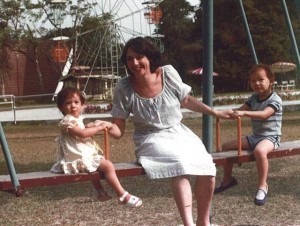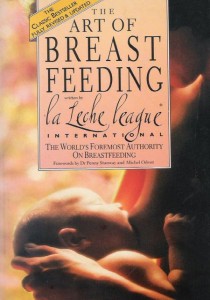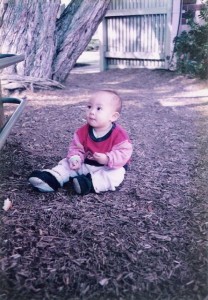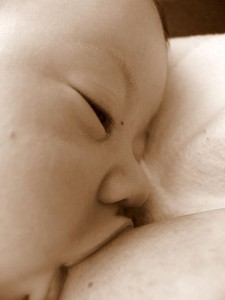A new study has confirmed that the composition of breast milk changes every 24 hours in response to the needs of the baby.
While the morning breastfeed contains natural stimulants equivalent to a wake up call, the nighttime feed is heavy in sleep-inducing components that help babies settle down for the night.
The research, conducted by scientists at Spain’s University of Extremadura and published in the Nutritional Neuroscience journal, helps to explain why working mums who express their milk may find their babies resisting sleep in the night, causing normal schedules of sleep and wake time to go topsy turvy.
Their babies may be getting expressed milk meant for the morning in the night, and vice versa.
The Spanish researchers collected six to eight daily samples of breast milk from 30 women in Extremadura over a 24-hour period, and observed how the levels of different nucleotides—the building blocks of DNA that also take part in the cellular signaling and metabolic processes within cells, now found to help in regulating sleep or promoting activity—changed during that time.
The scientists discovered that the concentration of sleep-inducing nucleotides in breast milk was at its peak during the nighttime hours of 8 p.m. to 8 a.m.
“This made us realise that milk induces sleep in babies,” says researcher Cristina Sánchez.
“You wouldn’t give anyone a coffee at night, and the same is true of milk—it has day-specific ingredients that stimulate activity in the infant, and nighttime components that help the baby to rest.
“It is a mistake for the mother to express the milk at a certain time and then store it and feed it to the baby at a different time,” she points out.







